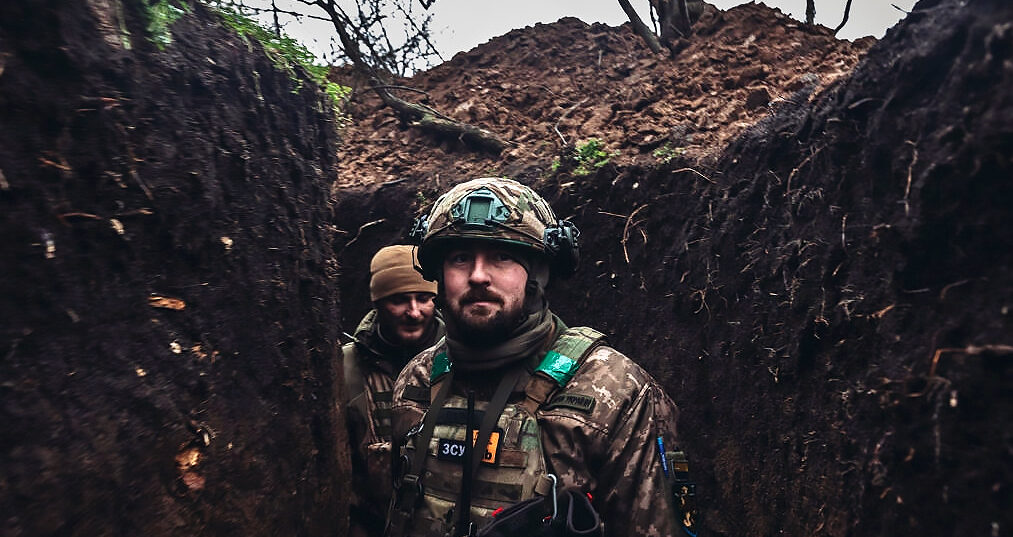Over the past few weeks, western allies have grown increasingly pessimistic about Ukraine. This month, US Secretary of State Antony Blinken commented that “the jury is still out” on the counter-offensive, adding that it will not be possible to know for “at least a month and maybe longer whether the counter-offensive is going to make significant strategic gains for Ukraine in terms of recovering territory”. Then over the weekend, Politico reported that American officials are now privately confessing to regrets that they did not heed the words of Joint Chiefs Chair General Mark Milley, who suggested peace talks back in November, with figures in the administration now fearing that the opportunity to push for negotiations may have been missed.
It is not just US officials voicing doubts about Ukraine’s progress either. Recently, American intelligence concluded that Ukraine’s forces will not reach the occupied southeastern city of Melitopol, which is a key transport and logistics hub. Its seizure would have allowed Ukraine to meet its key goal of severing Russia’s land bridge to Crimea. US intelligence also has concerns regarding Ukraine’s offensive activities near Bakhmut in the east, fearing this has loosened the focus of the counter-assault in the south.
Currently, neither side in the war seems likely to change course. Russia has doubled its defence expenditure for this year and increased the age range for conscription. For its part, Ukraine has defended the success of its counter-offensive, with Defence Minister Oleksii Reznikov describing it as “behind schedule” but still going to plan. Other Ukrainian figures have responded to allies’ gloomy prognostications with more venom: Defence Ministry official Oleksii Kopytko, for example, demanded to know what the Americans would do differently to halt the Russians on multiple fronts.
With the counter-offensive dragging on and both sides sticking to their tactics, the most significant changes on the battlefield could emanate in the US. The Biden administration is trying to get a request for additional aid to Ukraine through Congress in the face of rising Republican scepticism about continued US support for the war. But the stalled counter-offensive is only fuelling Republican doubts about how long the US can sustain Kyiv. This month Republican Congressman Andy Harris, co-chair of the Congressional Ukraine Caucus and former steadfast supporter of aid to Ukraine, proposed winding down assistance to the country. He claimed that the counter-assault had “failed” and questioned if the war was even “winnable anymore”.
As the 2024 US Presidential election approaches, assistance to Ukraine is likely to become a hot topic as candidates vie for the support of a public similarly disillusioned by the idea of supplying Ukraine indefinitely. A CNN poll earlier this month found that 55% of Americans believe the US Congress should not authorise additional funding for Ukraine, with 51% feeling that America has already done enough to support Kyiv. Evidently, public support for Ukraine may finally be wearing out.
Nato official Stian Jenssen recently incurred Ukraine’s wrath when he suggested it could give up territory as part of a possible peace deal. While he subsequently walked back on those comments, it does speak to a sense in Western capitals that Ukraine’s stalled counter-offensive may have put it in a weaker position for any future peace negotiations. With no end to the war in sight, this is a grim reality that both Ukraine and the West may have to accept.











Join the discussion
Join like minded readers that support our journalism by becoming a paid subscriber
To join the discussion in the comments, become a paid subscriber.
Join like minded readers that support our journalism, read unlimited articles and enjoy other subscriber-only benefits.
Subscribe